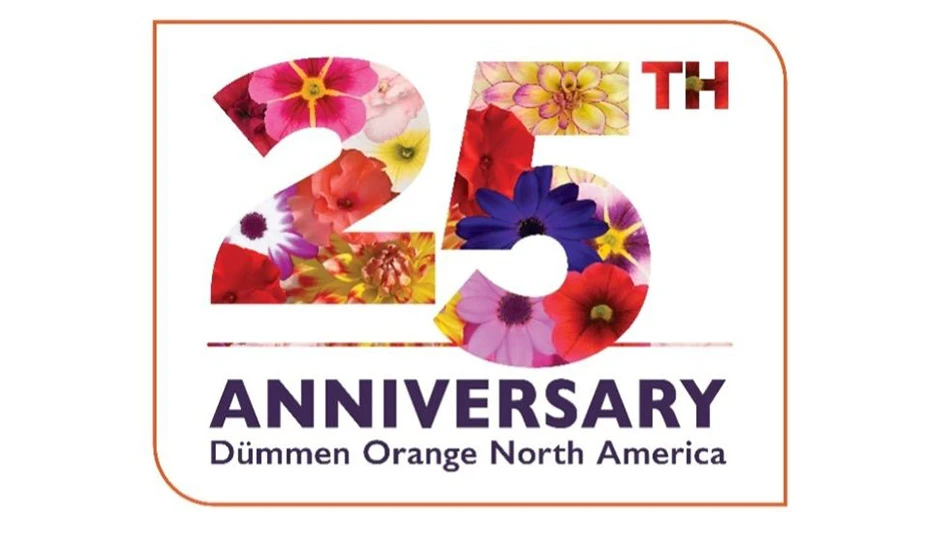 Doug Chapman has been hands-on in the company’s pest scouting program, routinely checking crops for problem bugs. (Photo by Suzanne Wainwright-Evans)Plantworks Nursery Inc. had been looking to reduce the number of traditional pesticides it uses for years.
Doug Chapman has been hands-on in the company’s pest scouting program, routinely checking crops for problem bugs. (Photo by Suzanne Wainwright-Evans)Plantworks Nursery Inc. had been looking to reduce the number of traditional pesticides it uses for years.
After a few years experience, Doug Chapman, owner of the growing operation in Rougemont, N.C., feels he has the program down. He thinks he’ll have even more success in the coming years.
“We started in our heated houses last winter,” Chapman said. “We weaned ourselves off the more traditional control products and started using insecticidal soap, horticultural oil and products that are easier on beneficials, including Endeavor, Naturalis, Dipel, Botanigard, Enstar, Ovation and Talus.”
The four major pests that Plantworks deals with are aphids, mites (mostly two-spotted spider mites), whiteflies and thrips.
The company is releasing lacewing eggs (for aphids), predatory Phytoseiulus persimilis mites (for two-spotted spider mites), Orius beetles (for thrips) and three species of predatory Eretmocerus mites (for whiteflies).
A spreadsheet, used by the sectional growers, assists in the company’s pest-scouting program.
“The spreadsheet lists all of the insects they’re looking for,” Chapman said. “They mark down the intensity of the infestations, what plants the pests are on, the location, etc. All of the information comes back to a central point and then one person decides what product is going to be sprayed or what beneficial is going to be released.”
For more: Plantworks Nursery Inc., (919) 732-6594, www.plantworksnursery.com.
 Specifics:
Specifics:
Name: Plantworks Nursery Inc.
Location: Rougemont, N.C.
Production space: 100,000 square feet of covered production, 20 acres of outdoor production.
Crops: 10 percent annuals, 20 percent hardy ferns, 30 percent perennials, 40 percent groundcovers.
Quotable:
“We began to have a hard time hiring young people who were willing to spray the chemicals. Some of them had even been trained in horticulture, but they had no interest in putting on the Tyvek suit and mask, especially during hot weather.” – Doug Chapman
Get curated news on YOUR industry.
Enter your email to receive our newsletters.
Explore the October 2010 Issue
Check out more from this issue and find your next story to read.
Latest from Greenhouse Management
- Flexible fungicides
- Super Charged Moon Juice from Moon Valley Nurseries now available nationally
- 2025 Proven Winners Horticulture Scholarship applications now open
- How to improve inventory and shipping management in the greenhouse
- Leading Women of Horticulture: Anna Ball, Ball Hort, and Terri McEnaney, Bailey Nurseries
- GM CEA HERB Part 2: A guide to increasing the sowing density of culinary herbs
- GM CEA HERB Part 1: Best practices for producing culinary herbs in controlled environments
- USDA fires experts on invasive pests, including Asian citrus psyllid, chilli thrips






